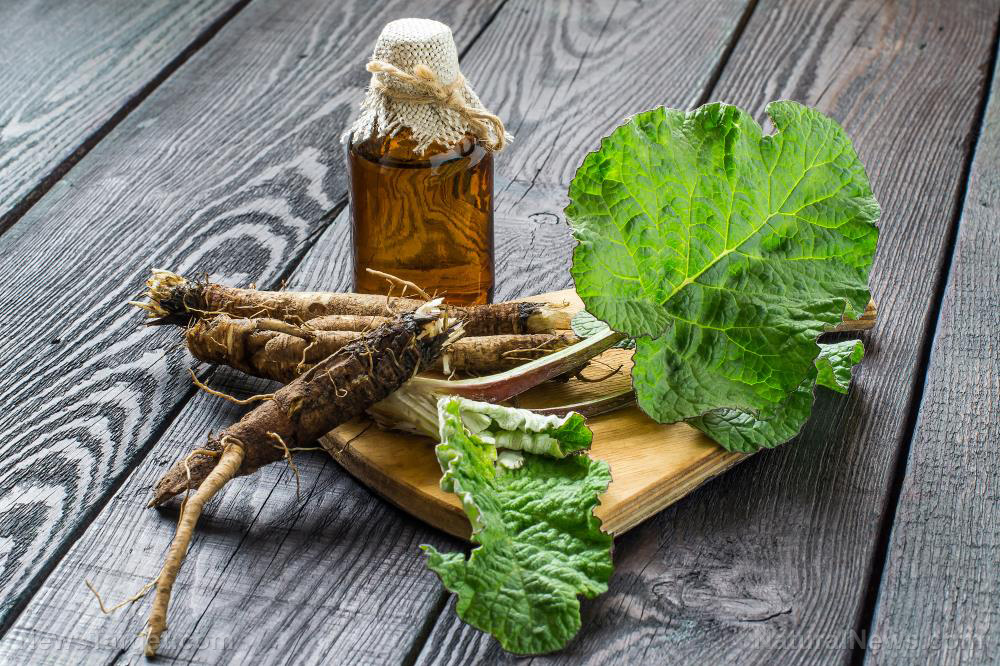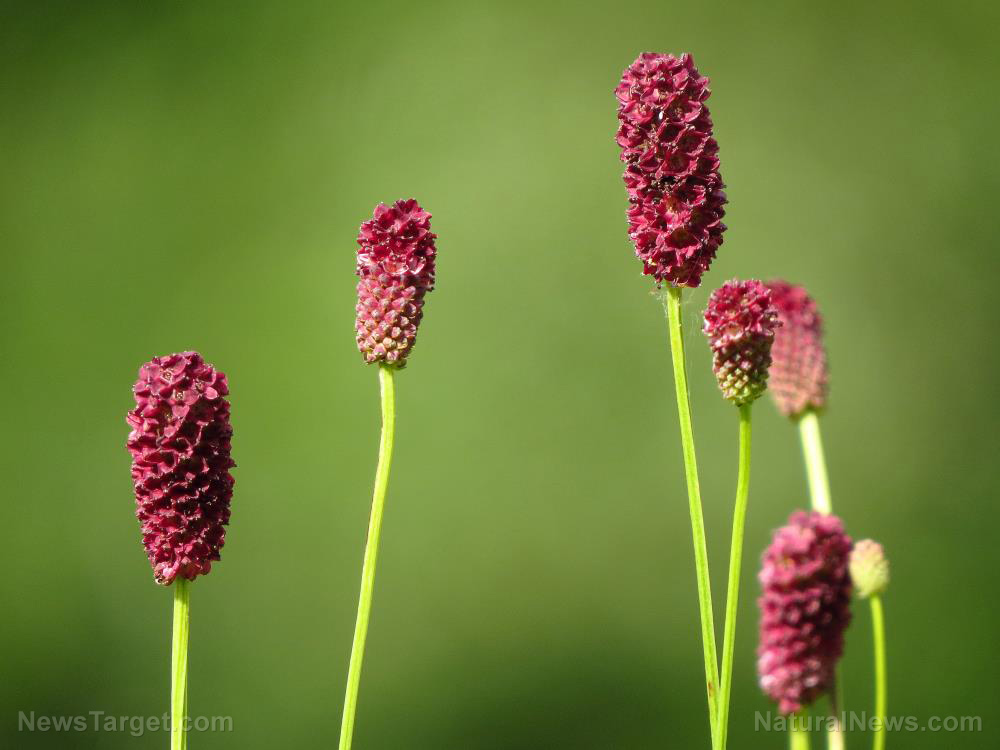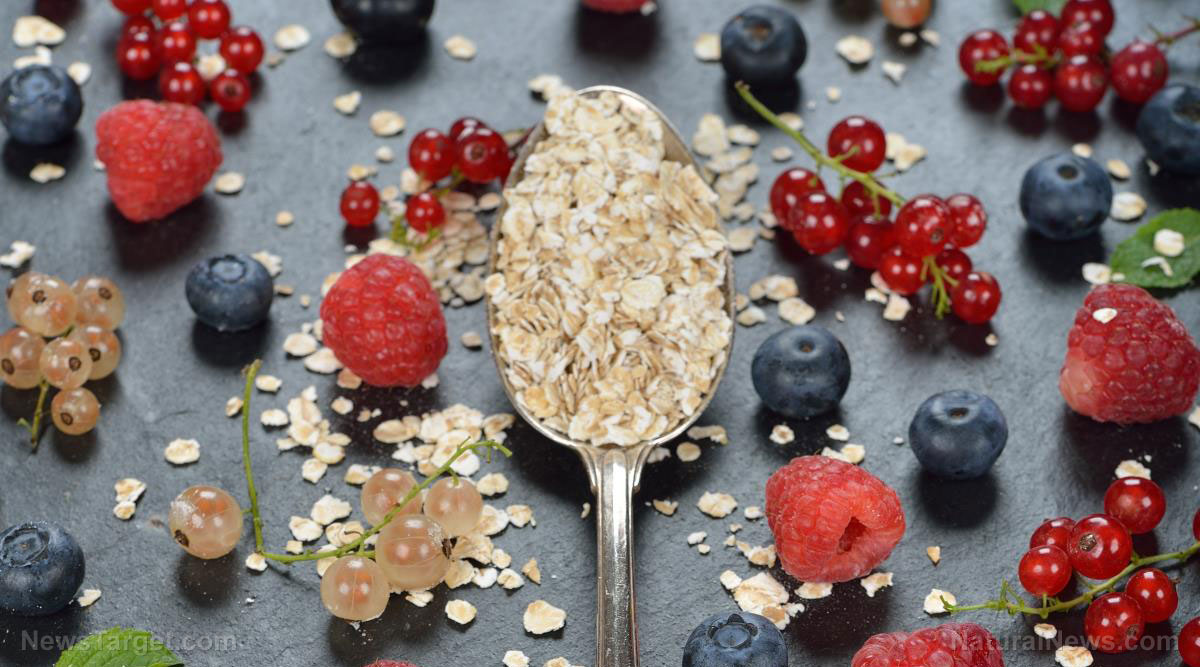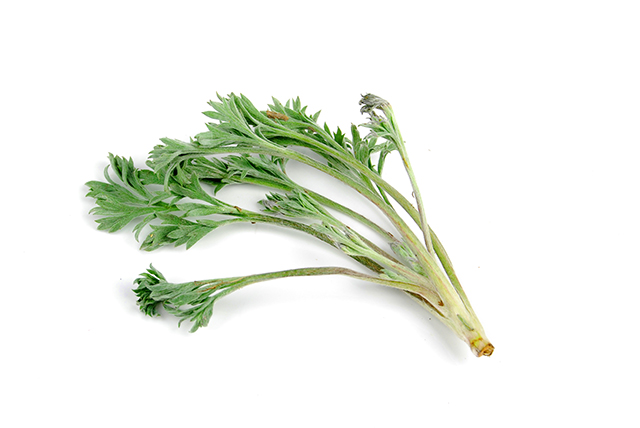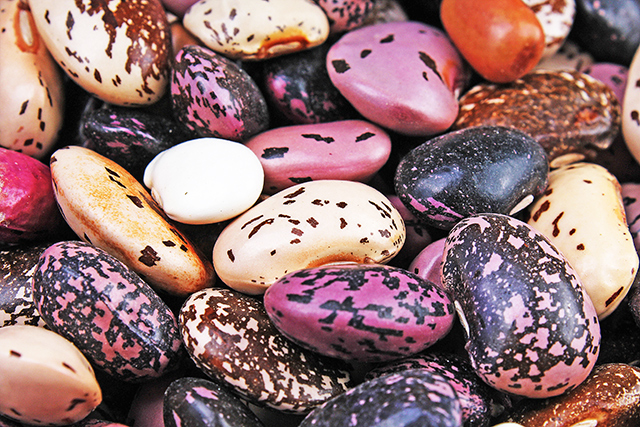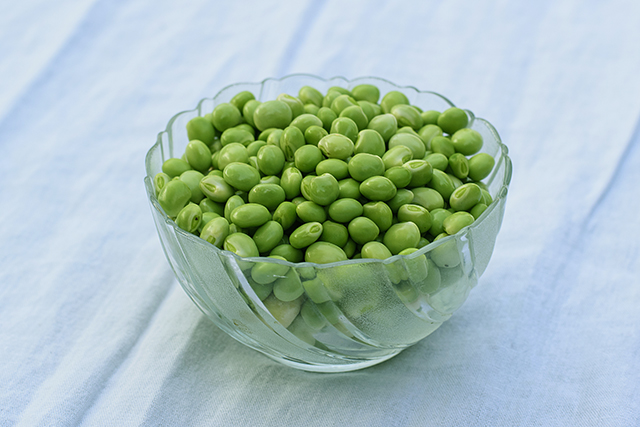These 3 herbs treat depression naturally
06/07/2019 / By Isabelle Z.

People who don’t suffer from clinical depression don’t always give it the weight it deserves. Far more than just an extended bout of “the blues” that everyone experiences from time to time, depression can take over your life, impacting your work, your family, your social life, and even your physical health. Unfortunately, most of the treatments doctors prescribe for depression don’t do much to improve patients’ situations.
Largely ineffective and causing a host of side effects that include suicide, antidepressants simply aren’t a good option for many people. Thankfully, several herbs can help alleviate this condition naturally. Here is a look at three good choices.
Saffron
Saffron is perhaps best known among Americans as the herb that gives paella its distinctive color, but that’s just the tip of the iceberg. This herb offers a long list of health benefits that include fighting inflammation and tumors – and depression.
It is believed that saffron stops the reuptake of serotonin (much like prescription SSRIs) as well as dopamine and norepinephrine neurotransmitters. This could help explain why saffron tea has long been used to enhance mood, and clinical trials have backed this up, finding that saffron extracts help depressed patients more than a placebo. Other studies have shown that it enhances the effects of antidepressants when taken alongside them and even helps alleviate some of their side effects.
Golden root (Rhodiola Rosea)
The root of this herb, which grows in the mountainous areas of Asia and Europe, has long been used to address depression, fatigue and anxiety in Russia and Scandinavia. It’s an adaptogen that raises your body’s resistance to stress overall, reducing symptoms like exhaustion, anxiety, burnout and fatigue in studies.
It can balance the neurotransmitters in your brain that can lead to depression when they become unbalanced. One study found that people taking rhodiola noted significant improvements in their overall depression as well as emotional stability and insomnia; participants in a group that received a higher dose of the herb also noted improved self-esteem. A different study that compared rhodiola to the popular antidepressant sertraline (Zoloft) found that while both treatments reduced depression, rhodiola was better tolerated and brought about fewer side effects.
St. John’s wort
Hypericum perforatum, or St. John’s wort, is another popular herb that can treat depression naturally. It has been used for hundreds of years to help with mood problems, and many people use it today as an alternative to antidepressants. Although it doesn’t work for everyone, many people find relief from the herb, especially for mild to moderate depression. It has been shown in studies to act in a similar way to SSRIs and offers similar efficacy with fewer side effects.
However, this herb has a lot of potential interactions to keep in mind. For example, it can make birth control pills less effective and should not be used in conjunction with sleeping pills or antidepressants, so proceed with caution if you take this herb and be sure to check for interactions.
You can also fight depression naturally by increasing your intake of omega 3 fatty acids, which are found in foods like sardines, trout and salmon. It can also be useful to increase your intake of folate-rich foods like dark leafy greens, lentils, beans, avocados and sunflower seeds. The connection between the gut and brain is strong and is just now beginning to be explored, but we do know that proper nutrition can go a far way toward alleviating depression.
Depression is not something that should be taken lightly, but strong pharmaceuticals aren’t the only option. Consider these herbs and other natural treatments for depression like yoga and meditation before subjecting your body to the dangerous side effects of SSRIs.
Sources for this article include:
Tagged Under: alternative medicine, Antidepressants, beat depression, depression, golden root, herbal medicine, mental health, natural antidepressants, natural cures, natural medicine, prevention, remedies, rhodiola, saffron, St. John's wort
RECENT NEWS & ARTICLES
COPYRIGHT © 2017 REMEDIES NEWS







